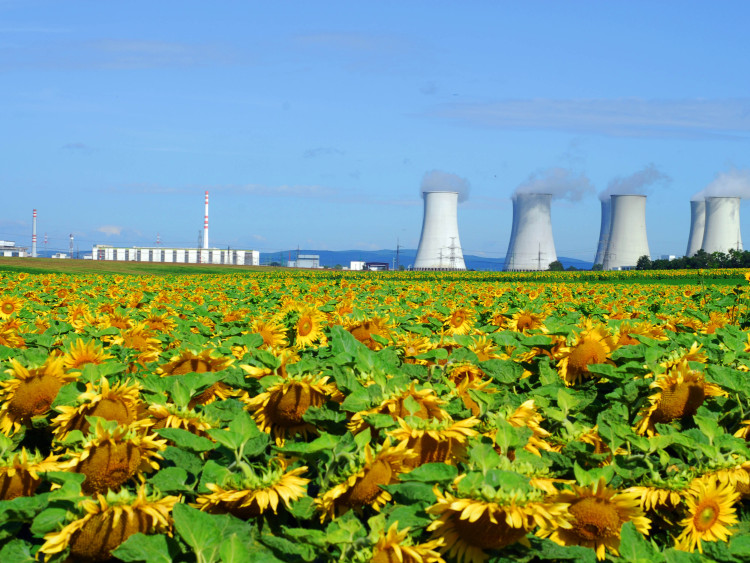Nuclear power can significantly contribute to two of the world’s most pressing priorities—combating climate change and ensuring sustainable development—according to two IAEA reports published today.
Climate Change and Nuclear Power 2016, an IAEA report that is updated annually, provides a comprehensive review of nuclear power’s potential to reduce the greenhouse gas emissions that contribute to global warming. The latest edition of the report comes six weeks ahead of the next United Nations climate conference, aimed at building on the landmark Paris Agreement on climate change reached last December.
Similarly, Nuclear Power and Sustainable Development, an IAEA publication updated for the first time since 2006, explores the contribution of nuclear power to sustainable development. Expanding access to affordable, reliable, sustainable and modern energy is one of the 17 Sustainable Development Goals (SDGs) adopted unanimously by the UN last September, with the aim of ending poverty, protecting the planet and ensuring prosperity for all.
In Paris, 195 countries adopted the first universal, legally binding global climate accord. It established a plan of action to keep global temperature increases below 2 degrees Celsius versus pre-industrial levels, the threshold at which scientists believe there’s an even chance of averting the worst effects of climate change. In November, diplomats will gather in Marrakech, Morocco, to chart the path for implementing the agreement.
“To meet the goal of the Paris Agreement, as well as to secure sustainable and reliable energy for all as called for by the SDGs, all low-carbon sources of energy are needed, including nuclear power, in a combined strategy with renewable energy, energy storage and energy efficiency,” said David Shropshire, Head of the IAEA’s Planning and Economic Studies Section, which produced both studies.
Among the new additions to this year’s edition of Climate Change and Nuclear Power 2016, the potential impact of the Paris Agreement on nuclear power is discussed, as is the importance of innovation, investment and research for advancing nuclear energy technology as a viable choice for countries to address climate change. The need for reliable and predictable low-carbon technologies such as nuclear power, along with accelerated deployment of renewable sources, is also addressed.
Nuclear Power and Sustainable Development, meanwhile, presents the scope and scale of energy challenges and the potential role of nuclear energy in sustainable development. By employing a large selection of indicators, it reviews the characteristics of nuclear power in comparison with alternative sources of electricity according to economic, environmental and social pillars of sustainability.
The report also provides factual information in areas of concern often raised by the public about the use of nuclear power.
“There is need for building awareness and recognition of the benefits nuclear power offers with respect to sustainable development, in particular avoiding air pollution, enhancing technological and human capital, and providing reliable and predictable electricity,” said Loreta Stankeviciute, an IAEA Energy Economist. “Implementation of the Paris Agreement, together with sustainability-related benefits, might substantially enhance the value of having a nuclear power programme.”


